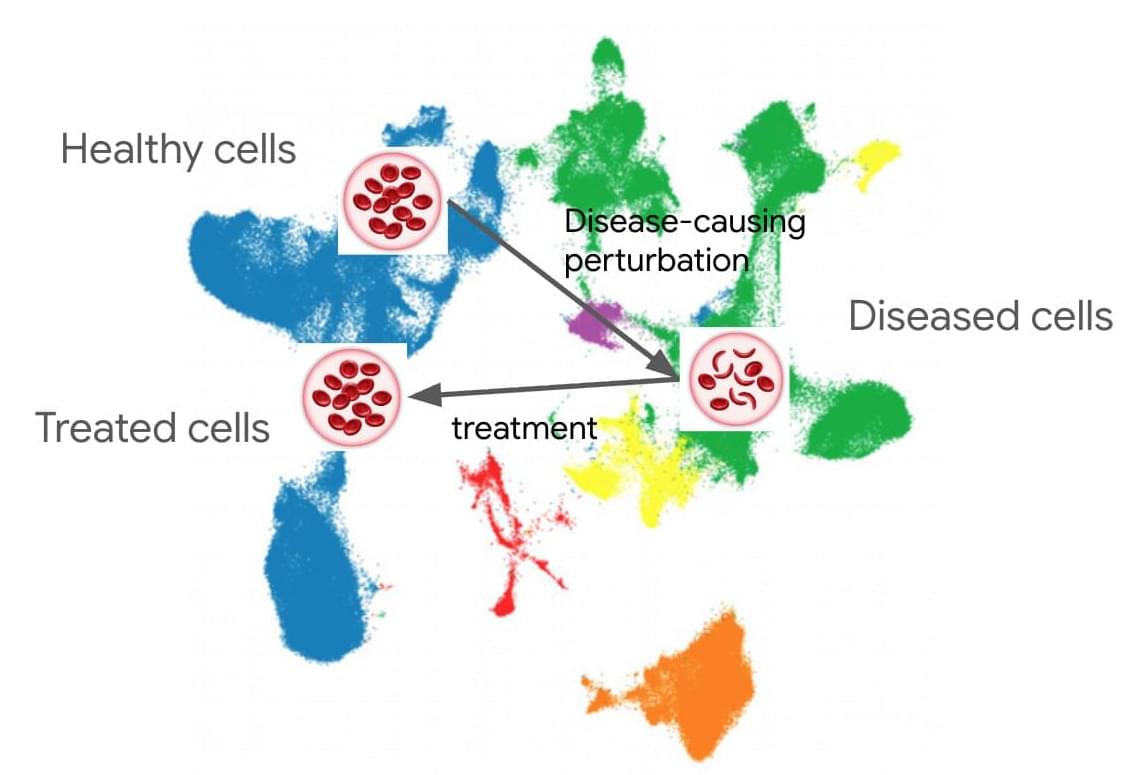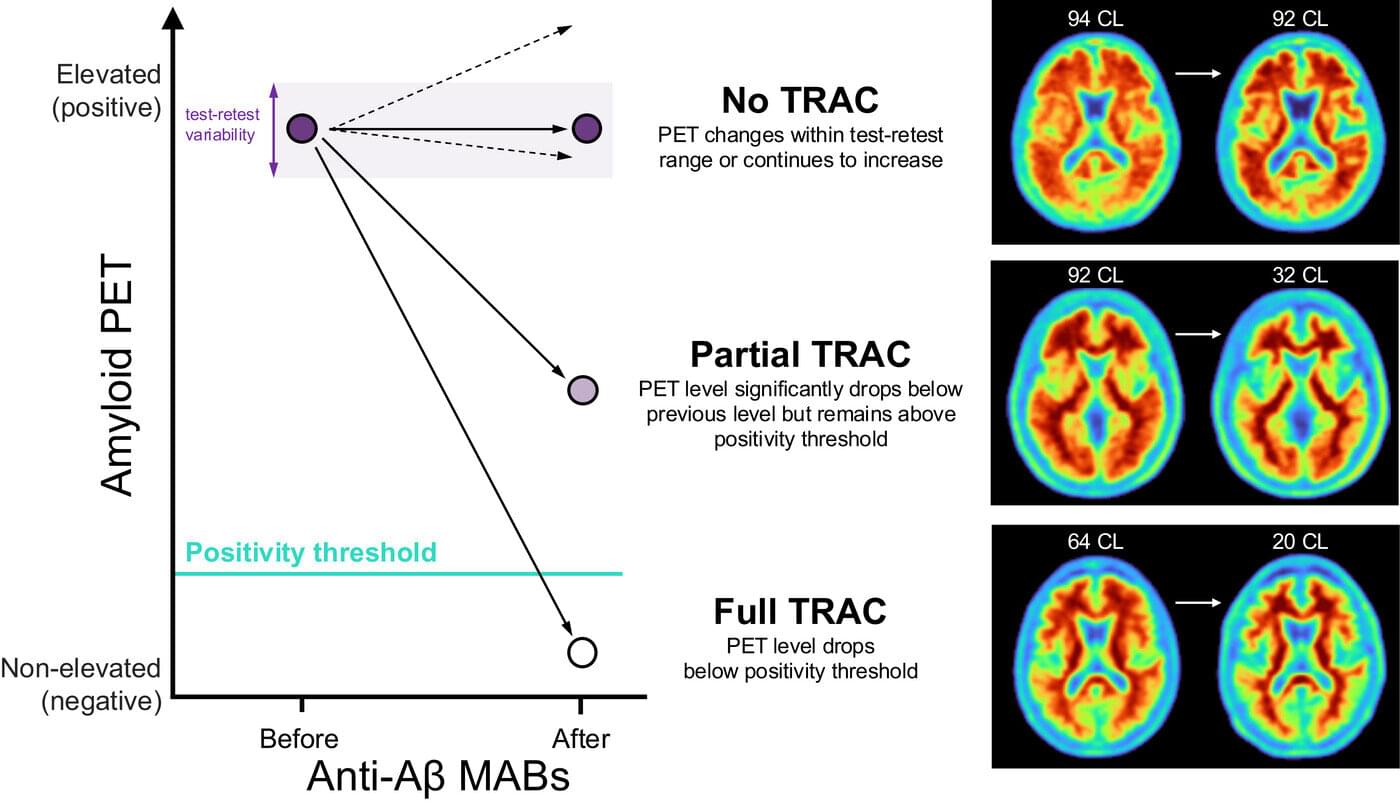A tiny percentage of our DNA—around 2%—contains 20,000-odd genes. The remaining 98%—long known as the non-coding genome, or so-called ‘junk’ DNA—includes many of the “switches” that control when and how strongly genes are expressed.
Now researchers from UNSW Sydney have identified the DNA switches that help control how astrocytes work—these are brain cells that support neurons, and are known to play a role in Alzheimer’s disease.
In research published in Nature Neuroscience, researchers from UNSW’s School of Biotechnology & Biomolecular Sciences described how they tested nearly 1,000 potential switches—strings of DNA known as enhancers—in human astrocytes grown in the lab. Enhancers can be located very far away from the gene they control, sometimes hundreds of thousands of DNA letters away—making them difficult to study.








